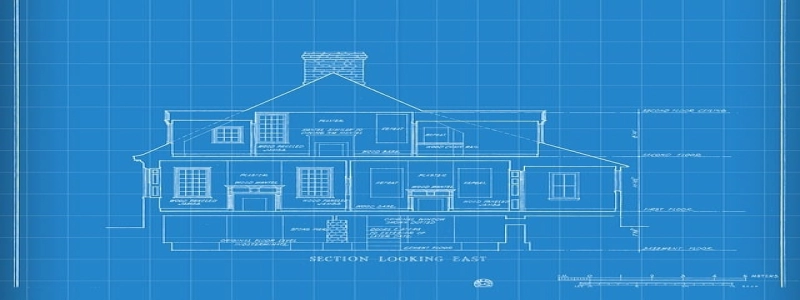Attenuation Calculation
I. Introduction
A. Definition of Attenuation
B. Importance of Attenuation Calculation
II. Factors Affecting Attenuation
A. Material Properties
1. Density
2. Elasticity
3. Absorption coefficient
B. Distance
1. Inverse Square Law
2. Logarithmic Decay
III. Attenuation Calculation Methods
A. Free Field Calculation
1. Attenuation Formula
2. Example Calculation
B. Obstacle Calculation
1. Attenuation through Solid Objects
2. Attenuation by Multiple Obstacles
IV. Practical Applications
A. Acoustic Engineering
1. Noise Control
2. Architectural Design
B. Telecommunications
1. Signal Loss Calculation
2. Antenna Placement
V. Conclusion
A. Importance of Attenuation Calculation in Various Fields
B. Further Research and Developments in Attenuation Calculation
I. Introduction
Attenuation is a crucial concept in various fields, especially in acoustic engineering and telecommunications. It refers to the reduction in intensity or amplitude of a signal as it propagates through a medium or encounters obstacles. Understanding and calculating attenuation are essential for designing efficient systems and ensuring accurate signal transmission.
II. Factors Affecting Attenuation
Attenuation is influenced by several factors, including material properties and distance.
A. Material Properties
The density, elasticity, and absorption coefficient of a medium greatly affect attenuation. Dense materials tend to attenuate sound or signal more effectively compared to less dense ones. Elasticity plays a role in determining how much energy is transmitted through a material. Additionally, absorption coefficient measures how much energy is absorbed by a medium.
B. Distance
The relationship between distance and attenuation follows the inverse square law, which states that the intensity of a signal decreases with the square of the distance from the source. Another commonly used model for attenuation is logarithmic decay, where the intensity decreases exponentially with distance.
III. Attenuation Calculation Methods
Different methods are employed to calculate attenuation, depending on the scenario.
A. Free Field Calculation
In an open space without obstacles, attenuation can be calculated using the attenuation formula. This formula takes into account the initial signal intensity, distance from the source, and various material properties. For example, consider a scenario where a sound signal travels through air. The attenuation can be calculated using the formula and the known parameters.
B. Obstacle Calculation
When a signal encounters solid objects, the attenuation calculation becomes more complex. The material properties of the obstacles, such as density and absorption coefficient, need to be considered. In situations where multiple obstacles are present, the attenuation caused by each one needs to be calculated separately and then combined.
IV. Practical Applications
Attenuation calculation finds practical applications in various fields.
A. Acoustic Engineering
In acoustic engineering, attenuation calculation is crucial for designing effective noise control measures. It helps determine the optimal materials and designs to reduce noise levels in spaces such as concert halls or recording studios. Calculating attenuation also plays a role in architectural design, ensuring appropriate sound insulation between different spaces.
B. Telecommunications
In the field of telecommunications, attenuation calculation is essential for assessing signal loss and optimizing transmission. It helps in determining the placement of antennas, especially in wireless communication systems, to ensure optimal signal coverage. Understanding attenuation also facilitates the design of efficient fiber optic communication systems where attenuation directly affects signal quality.
V. Conclusion
Attenuation calculation is a fundamental aspect in various industries. By understanding and accurately calculating attenuation, engineers and professionals can design efficient systems, reduce noise pollution, and optimize signal transmission. Continued research and developments in attenuation calculation will further enhance these applications and contribute to technological advancements.








